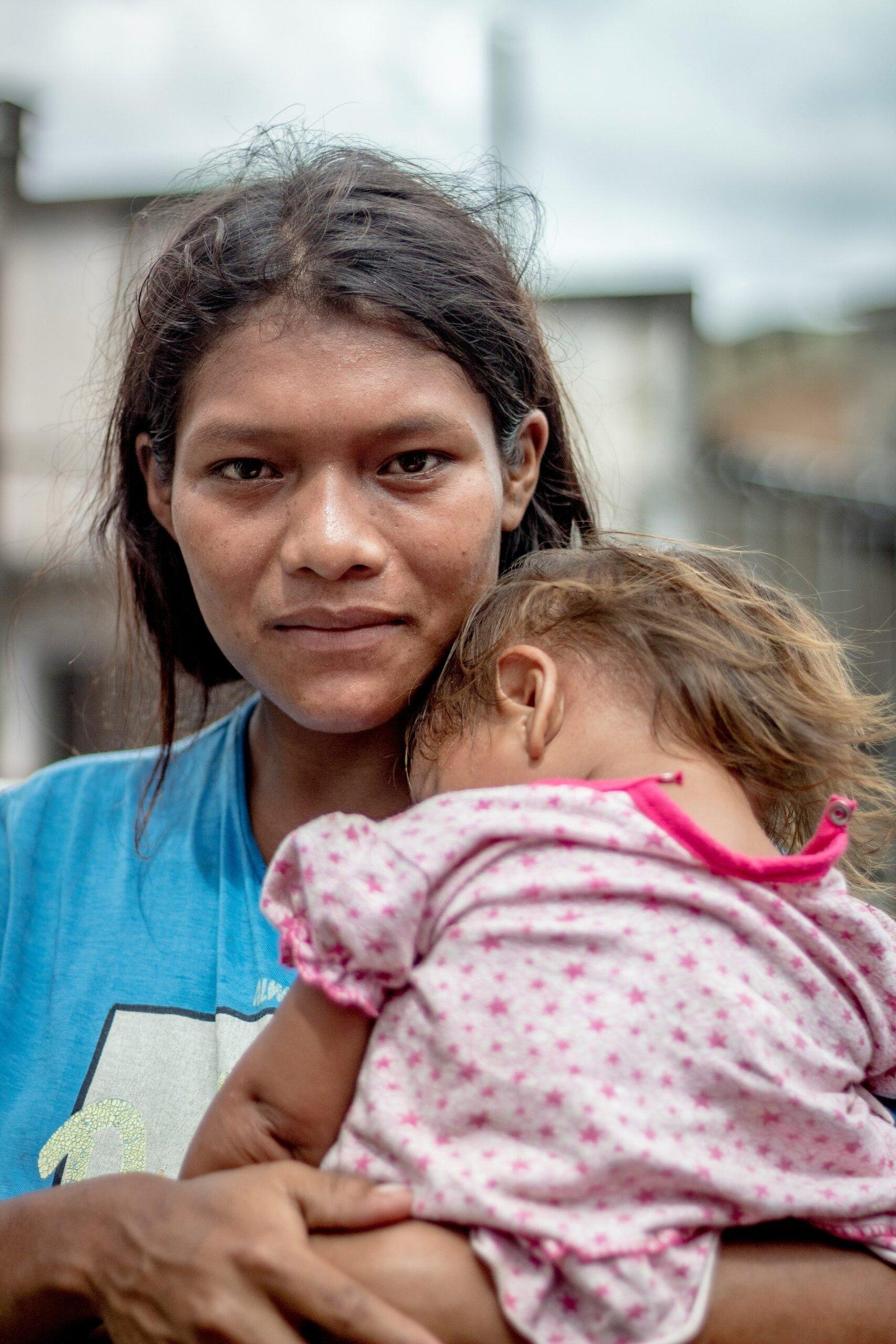Sexual Customs in Indigenous Amazonian Communities
The indigenous Amazonian communities have a rich and diverse cultural heritage that encompasses various aspects of life, including their sexual customs. These customs are deeply rooted in their traditions, beliefs, and social structures, and vary significantly among different tribes and communities. Understanding and respecting these cultural differences is crucial for fostering cross-cultural understanding and promoting cultural diversity.
Importance of Sexual Customs in Indigenous Amazonian Communities
Sexual customs play a significant role in the social fabric of indigenous Amazonian communities. They are not solely focused on the act of sex but are integral to their overall cultural identity, spirituality, and social cohesion. These customs often reflect their values, beliefs, and gender roles, and are passed down through generations as a way of preserving their cultural heritage.
Diversity of Sexual Customs
It is important to note that there is no single set of sexual customs that applies to all indigenous Amazonian communities. Each tribe and community has its own unique practices and beliefs surrounding sexuality. Some communities may have more liberal attitudes towards sexuality, while others may have stricter norms and regulations.
For example, in some tribes, premarital sex may be considered acceptable, while in others, it may be strictly forbidden. Similarly, the roles and responsibilities of men and women in sexual relationships can vary greatly. Some communities may have more egalitarian gender dynamics, while others may have more traditional gender roles.
Spirituality and Sexuality
In many indigenous Amazonian communities, sexuality is deeply intertwined with spirituality. Sexual practices are often seen as a way to connect with the spiritual realm and maintain harmony with the natural world. Rituals and ceremonies are conducted to honor and seek blessings from ancestral spirits or nature deities.
These spiritual beliefs and practices often involve the use of traditional medicines, music, dance, and other forms of expression. They serve as a means of celebrating and affirming their cultural identity and strengthening the bonds within the community.
Respect and Cultural Sensitivity
When engaging with indigenous Amazonian communities, it is essential to approach their sexual customs with respect and cultural sensitivity. Outsiders should avoid imposing their own beliefs or judgments on these communities, as it can lead to cultural misunderstandings and conflicts.
Instead, it is important to listen and learn from the community members themselves, allowing them to share their perspectives and experiences. Building trust and establishing meaningful relationships based on mutual respect is crucial for fostering cultural exchange and understanding.
Challenges and Preservation
Indigenous Amazonian communities face numerous challenges in preserving their cultural traditions, including their sexual customs. The encroachment of modernization, globalization, and external influences can erode these customs and lead to cultural assimilation.
Efforts are being made by indigenous communities, non-governmental organizations, and researchers to document and preserve these cultural practices. It is crucial to support these initiatives and promote the recognition and respect of indigenous rights and cultural diversity.
Conclusion
The sexual customs in indigenous Amazonian communities are a reflection of their rich cultural heritage and deep spiritual beliefs. These customs vary significantly among different tribes and communities, and it is important to approach them with respect, cultural sensitivity, and a willingness to learn. By fostering cross-cultural understanding and promoting the preservation of indigenous traditions, we can contribute to a more inclusive and diverse world.

